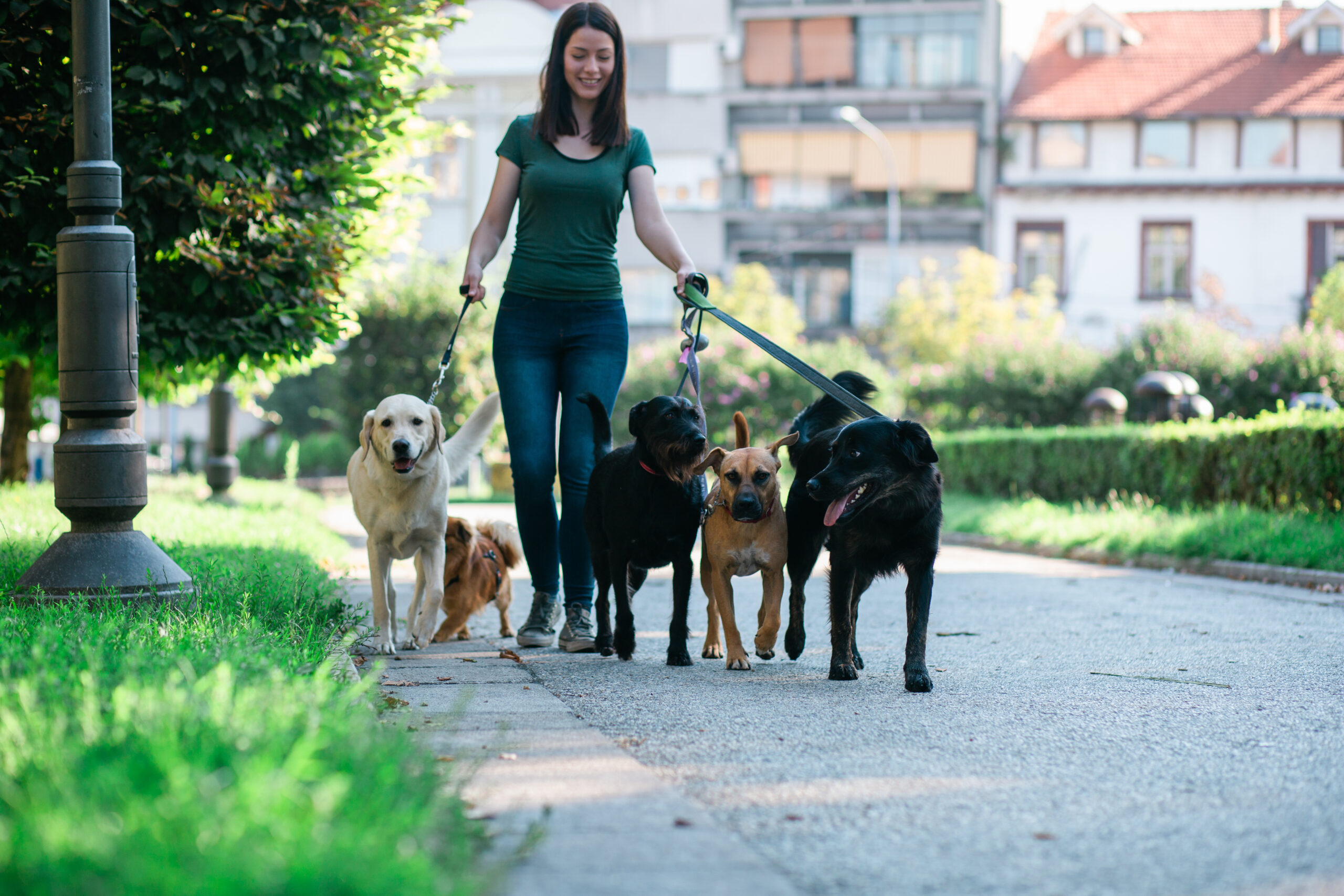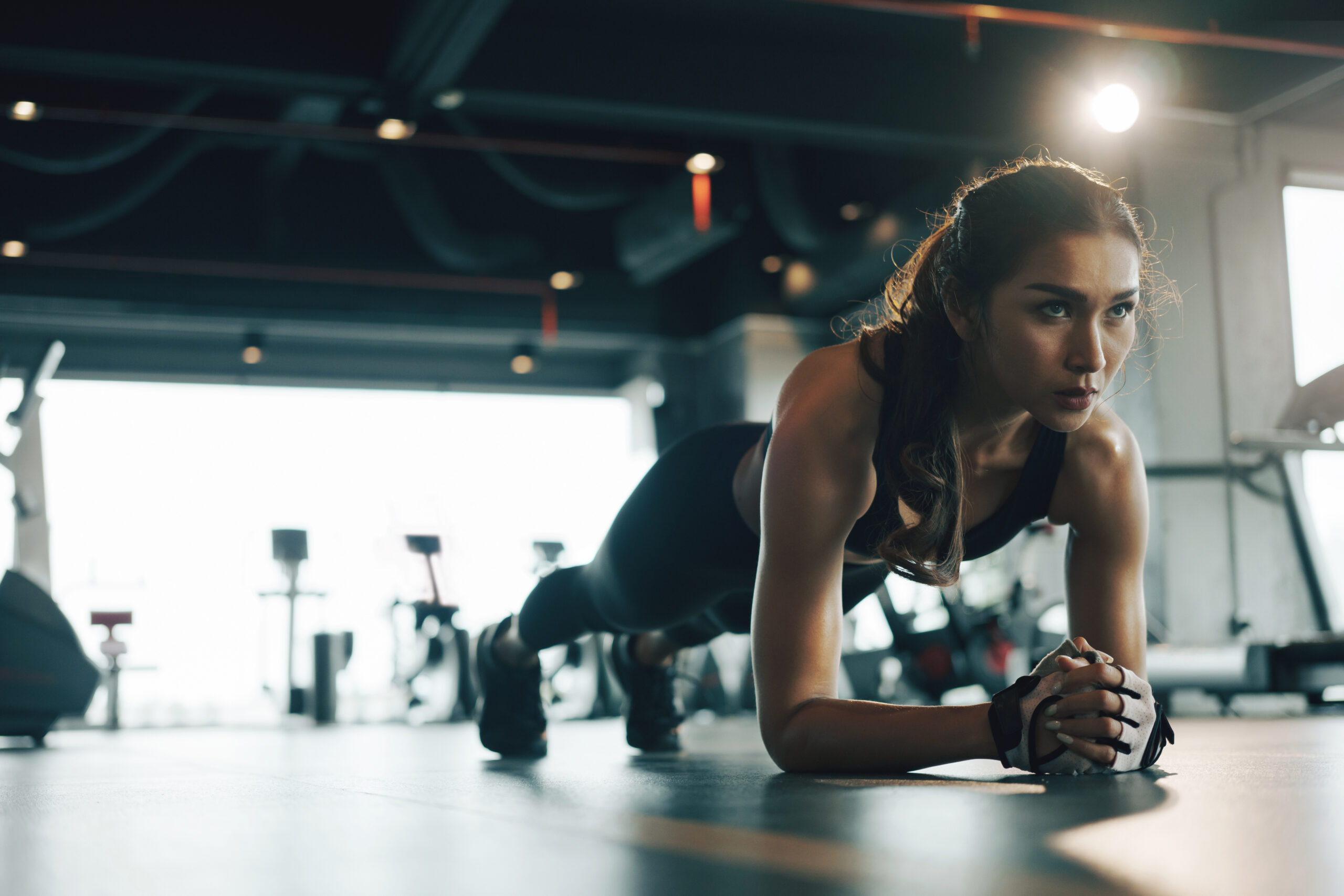The Mental and Physical Health Requirements for Egg Donation – and Why They Matter
Universally, egg donation clinics ask women to meet a few basic requirements to be considered for egg donation. While each requirement may vary slightly from clinic to clinic, the fundamentals are pretty standard, and for good reason. In this blog, we go through those requirements and explain why each of them is so important and why they were chosen.
We’ll also address questions we’ve received from you – yes, you, our prospective donors – on social media recently, so that every woman considering egg donation understands why these requirements exist, whether they have any wiggle room, and what you can do if you don’t meet all of them.
The key characteristics for egg donation are:
- You are a healthy woman
- You are between the ages of 21 and 31
- Your ethnic background is not important; donors of all races are encouraged to apply
- You are a non-smoker
- You do not have a significant family history of cancer or mental health conditions
In general, these requirements exist because women with these characteristics tend to have the best (and safest) outcomes during egg donation (which involves undergoing an egg retrieval cycle), and because egg recipients want to make embryos with eggs that have the least genetic risk and result in healthy babies and adults.
But those are the broad strokes. Let’s get into the details.
OK, starting with that first bullet – you are a healthy woman. The key word is healthy, right? Healthy implies many things here – including that you are not currently suffering from an illness or don’t have a chronic condition like diabetes, high cholesterol, bulimia, or asthma, for example – but our main reference for ‘healthy’ is a woman’s BMI.
BMI stands for Body Mass Index. It is the ratio of your height to your weight. Doctors use BMI to measure whether a person is underweight, at a healthy weight, overweight or obese. While standards slightly vary, a healthy BMI generally ranges from 18.5 to 24.9, according to the Centers for Disease Control and Prevention. For egg donors, however, there’s a little more wiggle room: an acceptable BMI is 18-30. That’s good news for donors, because that is a very big range that includes women of all shapes and sizes! By the way, if you’re curious about your BMI, do this: multiply your weight by the number 703, divide the result by your height in inches, then divide that number by your height in inches once again.
Use this free website by the National Institute for Health: Calculate Your Body Mass Index
So why is having a healthy BMI important? Well, first, women – and men, for that matter – who are overweight are at risk for all sorts of health issues, from diabetes to heart disease to high blood pressure to cancer, all of which can be passed to their offspring through genetics or epigenetics, which is the way our genes are expressed. Naturally, recipients want their future children to be as healthy as possible, especially considering that people without a genetic or epigenetic risk for disease still often develop disease. So if you can choose an egg without that risk to begin with, why not do that?
Second, having a healthy BMI allows donors themselves to have a safe and straightforward egg retrieval cycle, which consists of 10 days of ovary-stimulating medication followed by a short out patient procedure under light anesthesia to retrieve the eggs. There are three safety reasons egg donors should have a BMI in the acceptable range.
- Those with a high BMI may need to take higher doses of ovary-stimulating medication, and, as a result, egg quality may be impaired and fewer eggs may be produced.
- Second, those with a low BMI are at risk of developing Ovarian Hyperstimulation Syndrome (OHSS), where the ovaries over-respond to medication and can become swollen and painful, leading to other health problems, like vomiting or shortness of breath.
- Finally, women with high BMI are at risk of complications during the egg retrieval sedation, and, separately, if doctors are unable to extract the eggs through the vagina – as is routine – they may go through the abdomen, which can result in fewer eggs and other potential health risks.
OK, moving onto the second bullet – you are between the ages of 21 and 31. This one is crucial, and it’s not because of age discrimination. It’s all about fertility. Contrary to popular belief, a woman’s peak fertility is actually in her 20s, and begins to decline by the end of that decade. It continues to decline in her mid 30s, and by the time she is 35, it begins a more downward slope. That fertility decline accelerates even more when a woman turns 37, and drops very sharply by the time she enters her 40s. And what does this fertility decline actually mean? It means that as a woman ages, she has fewer eggs and fewer good quality eggs that will ovulate (or can be retrieved as part of an egg donation cycle). What this means in practice is that an ‘older’ woman may have trouble getting pregnant or experience miscarriage, because she is producing embryos that have chromosomal abnormalities (as a result of older eggs). These “abnormal” embryos often do not lead to pregnancy, or if they do, result in a miscarriage or an affected child.
So the age range for egg donors (which is quite wide) exists to ensure that the egg recipient – who often cannot use her own eggs because of advanced maternal age – gets high quality eggs that have a good chance of leading to a pregnancy and live birth.
Next requirement – your ethnic background doesn’t matter. Since women of all ethnicities and races can donate eggs, this isn’t technically a requirement – but it’s important information for women to know so they can rest assured that egg donor clinics are not selecting donors based on race. Everyone is welcome. Why? Because infertility does not discriminate, women of all races end up needing an egg donor. And because egg donor recipients usually want their children to resemble them, they prefer to receive eggs from women who look like them, from the color of their eyes to the color of their skin and ethnic background.
That said, many clinics, including Ovatures, participate in what’s known as 1:1 matching, meaning that egg donors are usually only accepted if there is already a recipient match for them. Unfortunately, because white women receive more fertility services than any other race, women of other races may be turned away when they inquire about donation. Again, this is not because Ovatures or other clinics are trying to anticipate the needs of the recipient population, but because we operate on a 1:1 matching process that only accepts donors after a recipient – who has expressed her desired donor characteristics – is identified.
As fertility benefits become more commonplace in the workplace, though, and fertility care becomes more widespread, we are optimistic that women of all races will have equal access to fertility care, and egg donors will reflect the colorful mosaic of our patient population.
OK, so we covered ethnicity – what about other physical traits, like height or…acne? We’re glad you asked! Our job is to help real women make their family-building dreams come true. That means we seek egg donors with both common and unique physical traits who look like women all around us, not the supermodels in Victoria’s Secret advertisements. For example, we accept short – as in not tall – egg donors all the time! Why? Because being short is common, and many of our egg recipients are short. As such, they’d like their future offspring to resemble them. And how about zits? Does having some teenage acne disqualify you from being a donor? Absolutely not. In fact, it sounds like your hormones were doing just what they should have been at your age! We mean it – our recipients are big and small breasted, tall and short, pudgy and slim. They have thin and thick hair, large and small noses, and imperfectly perfect features. What matters most is your resemblance to your recipient, and the connection she feels when she looks at your photos (from birth to age 15).
Our next ask – that you are a non-smoker. This one is pretty self-explanatory. Smoking causes a host of serious and devastating health problems, including damage to a woman’s reproductive organs. Many studies have shown women who smoke have poorer reproductive outcomes – like time to pregnancy – than non-smokers, and it’s widely understood that smoking can harm female eggs. For this reason, only non-smokers are accepted into donation programs; after all, we want to give our recipients the very best chance of success with high quality donor eggs. So does this mean you’re disqualified if you’ve ever smoked a cigarette – or ten – in your life? Not at all – as long as you’ve never been a serious smoker, a heavy recreational smoker and don’t smoke now, you will pass this requirement with flying colors.
Final requirement – you do not have a significant family history of cancer or mental health conditions. Because both cancer (of any type) and mental health conditions (like bipolar disorder, schizophrenia and clinical depression) have genetic components that can be passed from an egg donor to the eggs of her recipient, donors without these conditions are encouraged to apply. Now, does this mean women who experience mild anxiety are discouraged from applying? Nope. Feeling anxious or nervous from time to time is normal – as long as you don’t struggle with a mood disorder (you’ll know if you do), egg donation could be in the cards for you.
We hope we answered most of your eligibility-related questions in this blog. There were three more questions we received on social media, however, we wanted to address.
- Can I donate eggs if I’ve had my tubes tied? Yes! Egg donation is actually completely separate from your fallopian tubes, so having them tied is not an issue. Fallopian tubes come in handy when you are trying to get pregnant naturally – they are usually where the sperm and egg meet, fertilize, and travel as an embryo into a woman’s uterus for implantation. But with egg donation, only your ovaries are being activated and used. Not only does having your tubes tied not affect your ability to donate, it makes donation even safer because it limits your chance of becoming pregnant following the egg retrieval procedure, which comes with risk.
- Can I donate if I live in New York City? Absolutely! We have offices within commuting distance to NYC, including in Englewood, New Jersey.
- I actually don’t meet all of the criteria described in this blog – I have some genetic health issues. But my heart was really set on donating – what can I do? First of all, we are so touched you wanted to donate your eggs, and are truly honored you wanted to donate with Ovatures. One of the most powerful things you can do is tell your family and friends all about egg donation, and the need for egg donors. The more we talk about egg donation, the more women will donate their eggs and help other women’s biggest dreams come true.
So there you have it – if you are young, healthy, think cigarettes are icky and don’t have a history of mental illness or cancer, we want to hear from you. If you are passionate, informed, educated, curious, health and safety conscious and inspired by empowering women to boot, we definitely want to hear from you!
What have you got to lose? You could change another woman’s life forever.




